First Unity Council forum addresses Charlottesville reactions

Unity Council leaders led the forum, which had a record number of students attending.
September 21, 2017
More than 70 students shared their fears, emotions and raw reactions to the violence in August in Charlottesville, Virginia, during Unity Council’s kickoff meeting Friday, Sept. 15. For the first time in its five-year history, the club tackled a current event head-on, with discussions led by Unity Council board members.
Students gathered to reflect on the violent protests in Charlottesville, where James Alex Fields Jr. allegedly rammed his car into a crowd of counterprotesters, killing one and injuring 19 others.
The Unity Council forum focused on the aftermath of tragedy.
Typical Unity Council forums involved watching a movie such as “Loving,” and discussing the messages and issues raised in the film.
Junior Sareena Marshall, who is the Unity Council representative from the South Asian Affinity Group, is excited by the club’s willingness to address current issues: “It’s a good step because we need to be talking about these issues.”
The forum was so crowded that students were split into two rooms. Previous meetings usually drew 10 to 12 students.
According to senior Layo Laniyan, co-president of Unity Council, the council has been hesitant in years past to address current events that might be too polarizing, which was especially true during last year’s presidential election cycle.
Senior Katherine Yao, also co-president of Unity Council, credits school administrators for the change.
“St. John’s is taking bigger steps this year to prioritize diversity,” Yao said.
Yao added that the school is encouraging conversations about difficult subjects in a structured environment.
“We were very pleased that so many students took interest in the recent issues that we brought up,” said Sarwat Jafry, Unity Council faculty sponsor.
Yao and Laniyan plan to create more safe discussion spaces for current issues like the debate over the repeal of the Deferred Action for Childhood Arrivals (DACA) and examining the mass incarceration rates in the US.
According to Jafry, while Unity Council Forums allow students to address controversial topics, it does not provide an arena for students to get into confrontations about their differing beliefs.

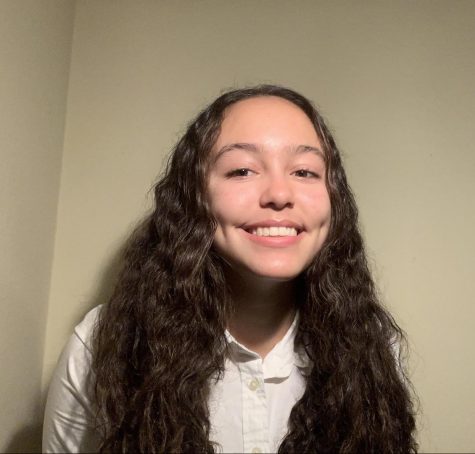
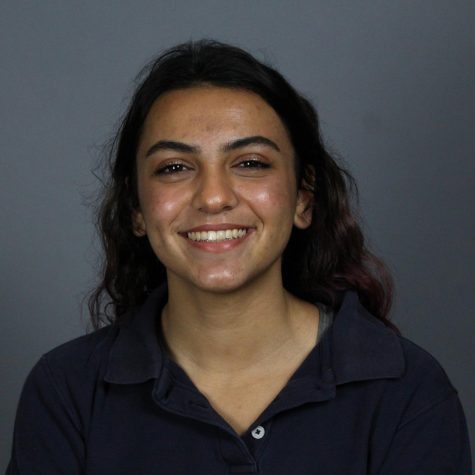

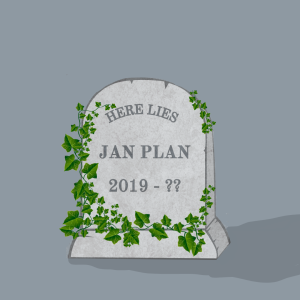


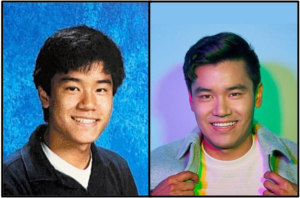
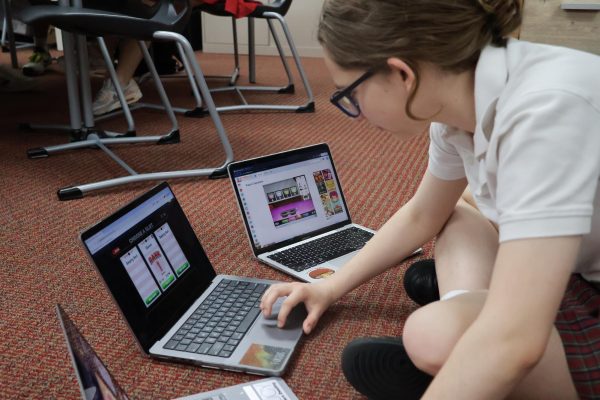






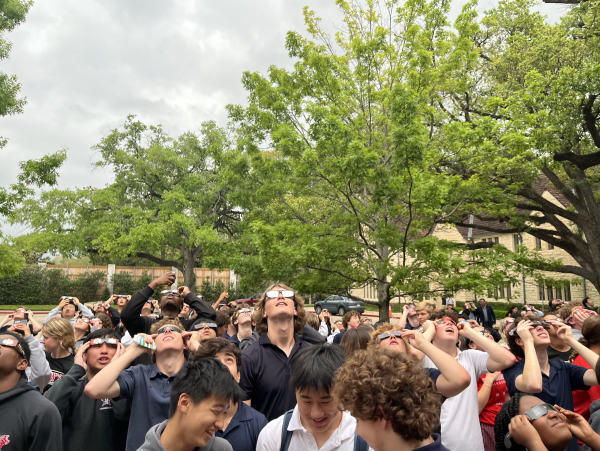
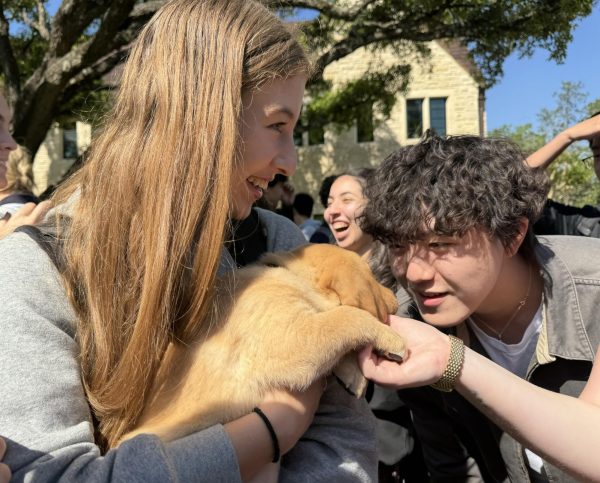
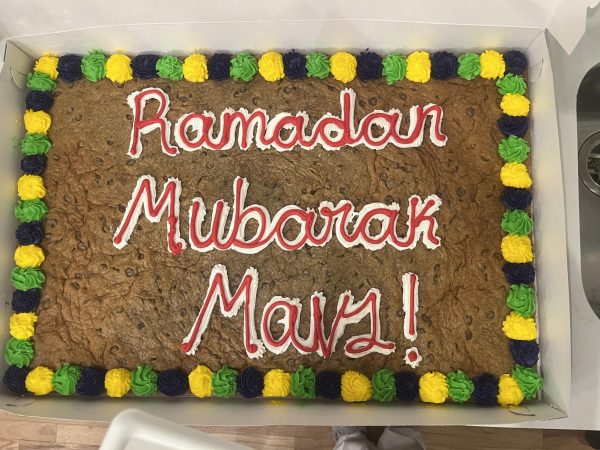
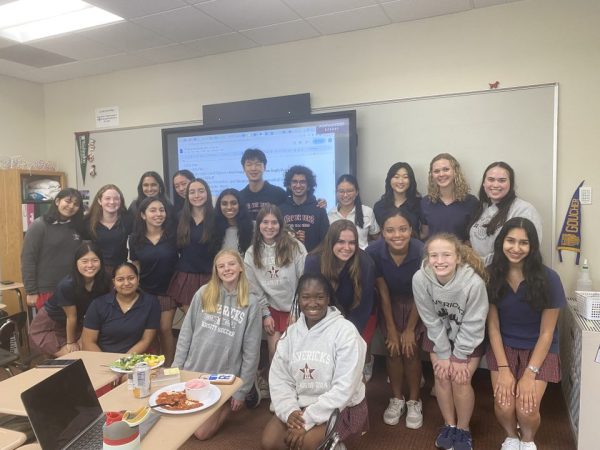
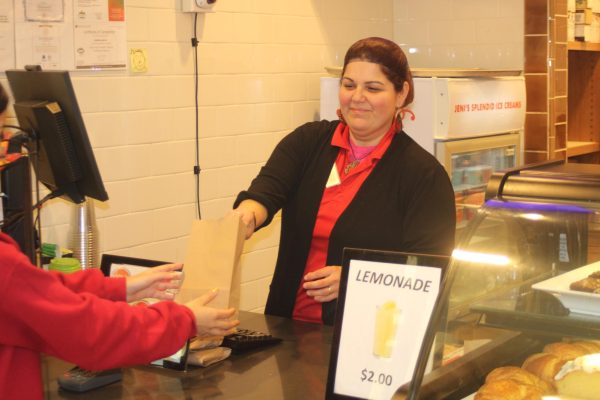
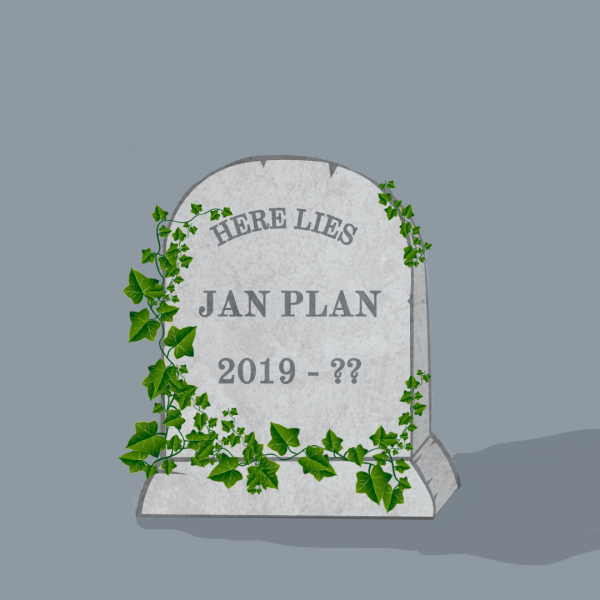
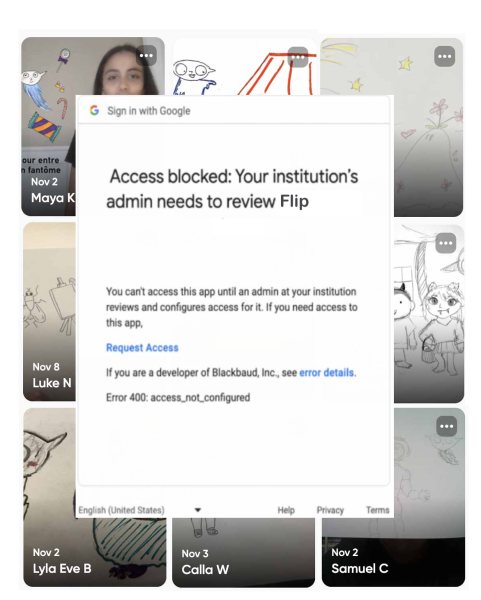

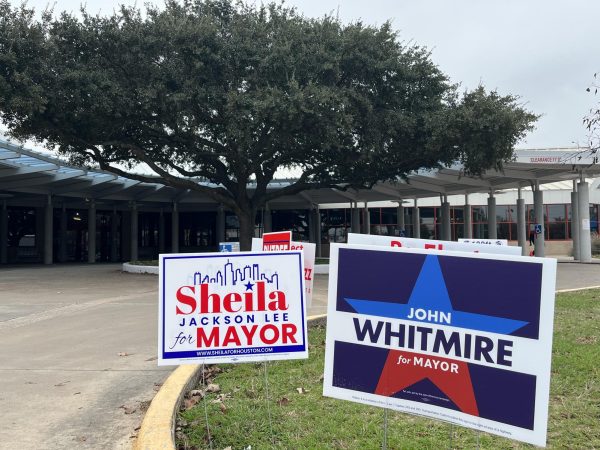

Kathy Van Wie • Sep 26, 2017 at 3:24 PM
What a wonderful opportunity for our young people. For too long we have avoided taking the bull by the horns. It is crucial for ALL OF US, but particularly young people to be able to discuss and air views in a safe atmosphere